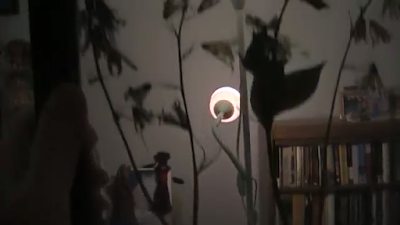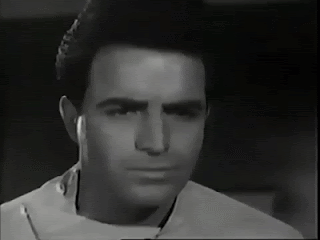It's hard to believe it has been 35 years since the wildly-popular, Emmy-winning TV miniseries The Thorn Birds first aired. TTB was one of those programs that broke the gender barrier - guys actually watched this "chick flick", all eight hours of it! I don't know if they soaked as many kleenexes as the women, but they watched it simply because it was a ripping good tale.
A story of thwarted love, a young woman's hopeless passion for a Catholic priest (hungry for power in the Vatican, though he makes her pregnant anyway) played out against the wild and tempestuous outback of Australia - who could ask for anything more?
Accuracy, maybe? The sheep were all wrong (so Australian viewers claimed), the accents were all wrong - there was only one Australian in the main cast, and it showed. Everyone else sounded American. It was shot in California, and people recognized it, but who cared? Father Ralph and Meggie ran across the sand on their deserted little island, etc., etc., and then he broke his vows and made her pregnant. Hoo-ha!
But there is a lot more to The Thorn Birds than schmaltzy romance. It's one of those vast family sagas that covers several generations. I too was transfixed by the miniseries, though the last time I tried to watch it I bailed at about the 15-minute mark, in disbelief that I was once so mesmerised by such movie-of-the-week-ish stuff.
But then there's the novel! Colleen McCullough wrote a right ripping good tale, with a hundred times more dimension, depth and complexity than the miniseries (though women still refer to it wistfully: I was amazed when, about ten years ago, I mentioned TTB at a choir rehearsal, which was then ruined when everyone's focus was sucked away to Richard Chamberlain and Rachel Ward running along the beach). Read the book if you want to get your teeth into the real story.
I wanted to read the book, or re-read it for perhaps the third time, but where was my copy? My copy went the same way as a dozen pairs of crystal earrings, several paperbacks and even a tshirt or two: the black hole of Shannon. When she was a teenager, long long ago, she had a habit of filching my stuff and never giving it back. I would notice these holes in my wardrobe and jewelry box. What she did with the book is anybody's guess, but I knew I no longer owned a copy of The Thorn Birds. Amazon provides great used copies for one or two bucks, so I went with that, and got a nice hardcover with lovely brown paper and that old-book smell which can't be replicated.
But you will not believe what I found at about page 50. It was the beginnings of something I never expected to find in a book, or anywhere else.
A garden.
A garden from so long ago that its roots could never be traced.
Every 50 pages or so, I found sprigs of lovely dried flowers, so completely flattened and delicate that they crumbled under my fingers. I had to quickly preserve them in some way, so I got one of those double-pane glass frames and applied tiny dots of contact cement to hold the frail blossoms in place.
These pictures are views of the light shining through the frame. These delicate things may not survive for very long, and really can't be touched or moved. For now, I have the frame propped inside a book case where I can see it. Watch the video above, and you'll hear my feelings about making this unlikely, oddly beautiful discovery, and why I think it's one more strike for the paper book over the electronic reader. Who can hide such a magical gift to some unknown future reader inside an electronic device?
I can't be totally certain, but I don't think anyone has ever found a perfectly-preserved 40-year-old garden hiding inside a Kindle.
Another little note, an odd one. I just remembered something: I ordered two Thorn Birds. The first one never came. That was the paperback. So I sent a complaint, got a full refund, and ordered another one (the hard cover). So if the first book had not gone missing, I never would have ordered the second, the one with the perfectly-preserved garden in it.
Then, something even stranger. The first book came.















